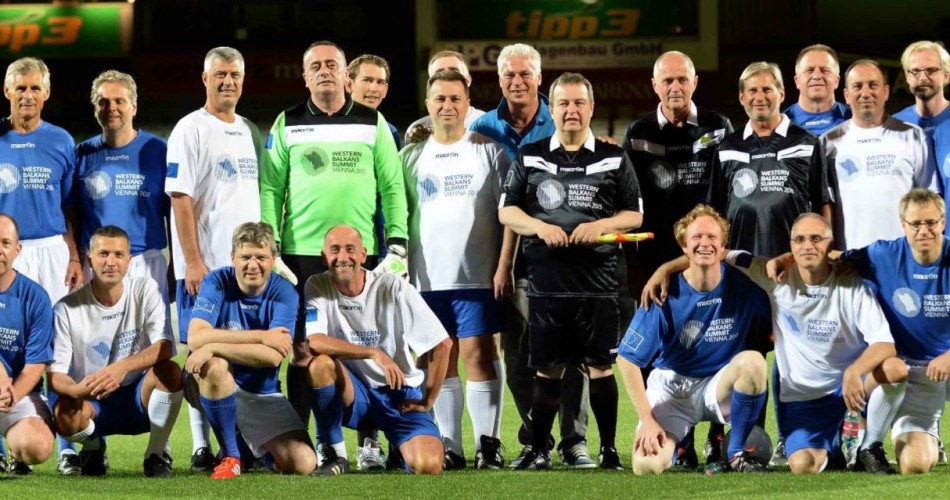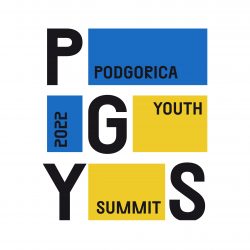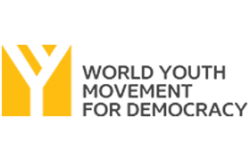Own Goals of Internal Dialogue on Kosovo: Statements by Ministers in the Government of Serbia
It seems that this sentence, as well as the entire authorial text of the President of the Republic, means at least a verbalized call to Serbian society but also to the general public (the international community in the first place) that at the very center of political power in Serbia there is a will to finally discuss about Kosovo, and based on these discussions to create concrete and long-term solutions for Kosovo. The call for dialogue within the Serbian society, and some more frequent meetings between Belgrade and Pristina officials from mid-2017 within the Brussels Dialogue, this time at the presidential level, represent some kind of progress in comparison with the period from August 2015 (Brussels II) to April 2017, when the newly-elected Presidents of Serbia and Kosovo became Aleksandar Vucic and Hashim Thaçi.
However, according to UNMIK chief Zahir Tanin’s speech at the UN Security Council meeting in May 2017, the situation in Kosovo is generally stable, but the level of trust between the two communities is declining due to numerous irresponsible statements by politicians and diplomats. It is precisely the statements of ministers in the Serbian government, as well as the policy of impunity for violators that jeopardize the events that are calling for cooperation between the two societies, which happened in the past few months in Serbia, an indicator that – although there is a call for dialogue, as well as Brussels negotiations – the basis of Serbia’s official policy towards Kosovo is still tailored to the extent of defending the bloody policy of Slobodan Milosevic’s regime. The price of such policy is still paid by the citizens of Serbia and Kosovo, regardless of their nationality. This is evidenced by recent statements of Serbian Justice Minister Nela Kuburovic, Minister of Defense Aleksandar Vulin, and Ivica Dacic, Minister of Foreign Affairs.
On May 16 2017, at the UN Security Council session, Serbian Minister of Justice Nela Kuburovic pointed out the necessity for Pristina to fulfill its obligations on the issue of the Community of Serb Municipalities (ZSO) as soon as possible, she drew attention to the actions and statements of William Walker, as well as France’s refusal to extradite Ramush Haradinaj to Serbia. At the same session, as the web portal Istinomer noticed, which according to the Law on Government should have been attended by the Prime Minister (at the time in China) or the first Vice President and Minister of Foreign Affairs Ivica Dačić, the Minister of Justice stated the following:
“I will remind, in Kosovo and Metohija (KiM) everything started from the lies that were spread by people like William Walker, who does not even hide his great Albania ambitions and projects today, and he is known to oppose the Special Court who is supposed to prosecute the crimes committed by the so-called” “Kosovo Liberation Army” (KLA). (…) The illegal decision on aggression against the FRY was primarily based on William Walker’s report, although there was no humanitarian catastrophe or persecution of Kosovo Albanians in 1998-1999 in KiM.”
Then, two days after the publication of the authorial text of the President of the Republic, the matter becomes clear when the statement of Minister Vulin from July 26 is read:
“As always, when Vucic raises issues of essential importance and importance to Serbs and Albanians, it turns out that there are no honest interlocutors among Albanians. The statements of Rama and Pacolli should prevent dialogue, damage Vucic and prevent him from uniting Serbs around KiM.”
After that, on August 16 this year, when the UN Security Council again reviewed a three-month period on the work of the UNMIK mission in Kosovo, Ivica Dacic stated the following:
“The Serbs lived in Kosovo for centuries; churches, four of which under the protection of UNESCO, confirm that. It’s not okay to laugh Mrs. Citaku, show one of your monuments from that period, so I can laugh … Do you think that this should no longer be mentioned and that it was legitimized by what happened? Will anyone mention the need for the Serbs to return? Statistics are disastrous. If there was a genocide, that means that now there should be less Albanians.”
He stated that according to the census from the time of the SFRY in Prishtina, there were 43,885 Serbs, and according to the 2011 census, only 430 remained:
“It’s 100 times less for 30 years. So is it ethnic cleansing and genocide against Albanians or Serbs? In Urosevac now there are 32 Serbs, 600 times less than before, in Podujevo there were 2,242, and today 12, which is 200 times less. In Prizren, where I was born, previously there were 11,650, 2011 – 231, and today only 27. The comment is redundant and so please do not use those false facts again that you are victims of ethnic cleansing. Whoever is responsible for the crimes should be held responsible, but the biggest victims are Serbs.”
Therefore, there is a call for internal dialogue, but in their statements Serbian officials claim and repeat the following three theses:
There was no violence against Kosovo Albanians during the 1998-1999 period, therefore there was no reason for NATO intervention;
Members of the Serbian people are the biggest victims of the conflict in Kosovo;
The Albanian side is the one that hinders dialogue, while the Serbian side is “dedicated” to dialogue;
The politics of denying the war crimes campaign against the Kosovo Albanians has remained a cornerstone of Belgrade’s policy towards Kosovo and it is continued. Dangerous statements by ministers in the Serbian government are, to put it bluntly, own goals to an open social dialogue on Kosovo. Referring to Marko Đurić’s pompous and demagogic statement after the agreements reached in August 2015 (5:0 in Brussels), even more dangerous statements by the ministers in the government, put in the football dictionary, saying, “We receive cheap home goals.”
We have received a “red card” for a series of serious violations of human rights from 1998-1999 and with that sanction we have to play a game called internal dialogue on Kosovo. But we have to admit this to ourselves. In order to begin any dialogue on Kosovo.
Photo: Republika.mk















